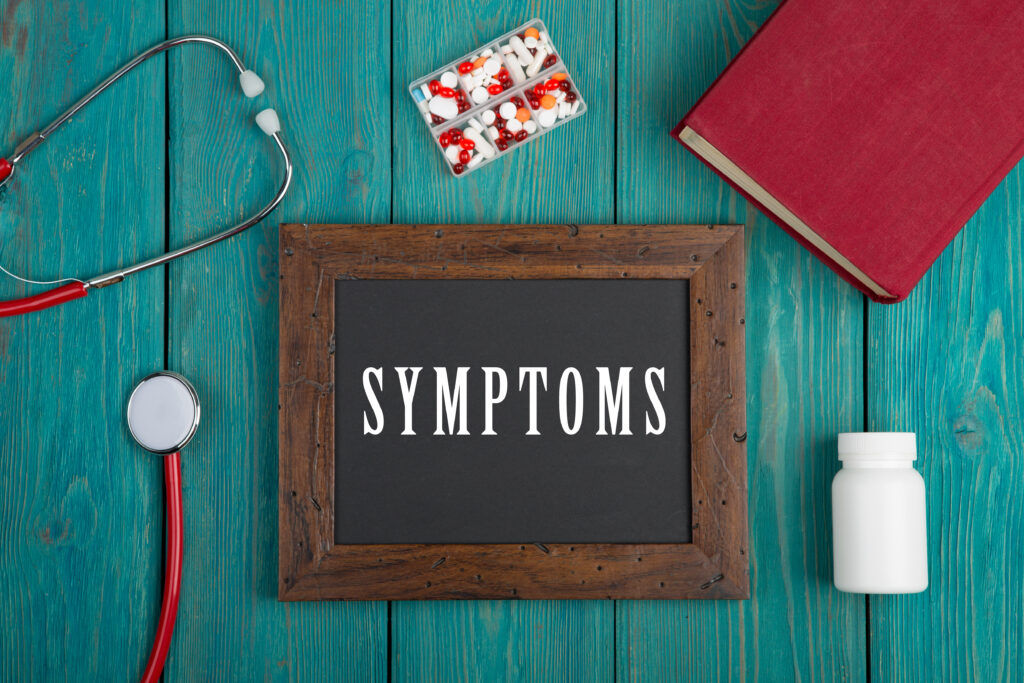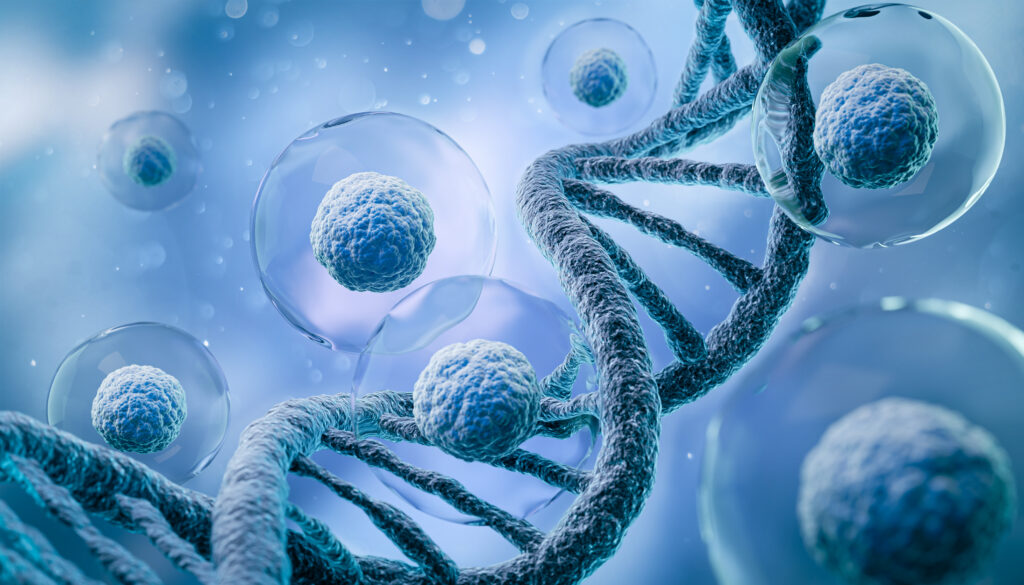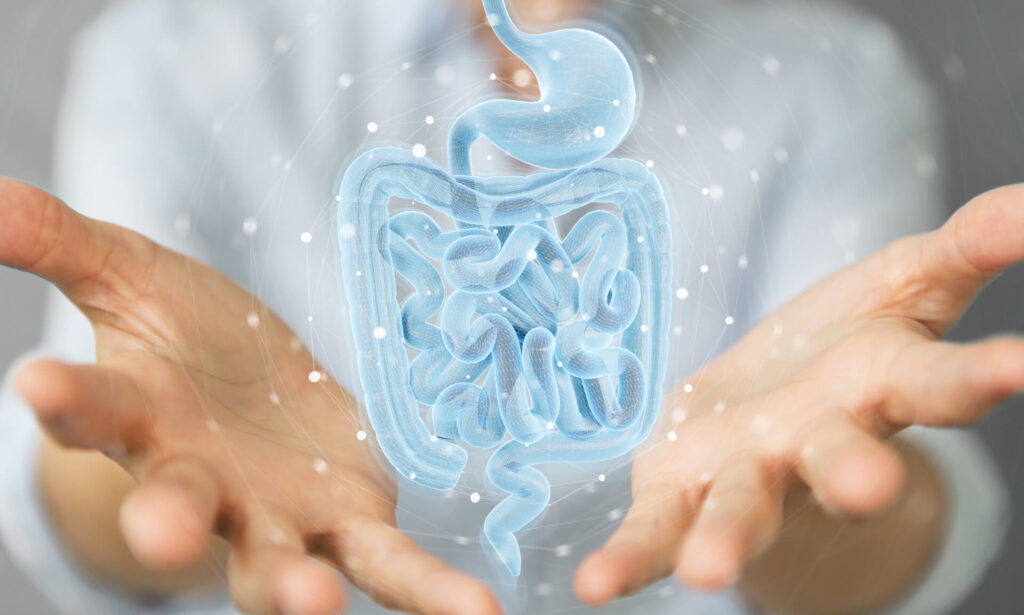Traditional healing systems often criticize modern medicine for treating symptoms rather than searching for the underlying cause. Depression, high cholesterol, high blood pressure, and stomach ulcers are these diseases? Or are they symptoms, messages from our bodies telling us that something is out of wack, out of Balance?
This article explores how we confuse symptoms for disease and how we treat symptoms instead of digging deeper for the root cause of disease. When we dig deeper, we find that lifestyle and behaviour can change the outcome of most conditions; they can even change our DNA.
Lets Get Started
Lifestyle can Reverse Coronary Artery Disease
In 1990 Dr. Dean Ornish published his landmark study and five-year follow-up, showing that lifestyle changes can not only slow, it can reverse coronary artery disease!
Think about that for a moment. Following a lifestyle regime can actually unclog your coronary arteries!!!
His rigorous lifestyle regime went beyond just diet and exercise. It included stress reduction through yoga and meditation and managing psychosocial factors.
Dr. Ornish’s life was deeply influenced by his yoga practice and his teacher, Swami Satchidananda, whom he credits for constantly pushing him to dig deeper.

Dig Deeper to Find the Root Cause of Disease
A person has a heart attack. Why? Because their coronary arteries are blocked. Why? Because they have elevated high blood pressure, high cholesterol and a family history of heart disease.
At this point, we usually stop asking why, recommend some diet and exercise regimes, chalk down some of the risks to genetics, which we can’t do much about, and prescribe medications.
But have we gone deep enough? Are high blood pressure and elevated cholesterol diseases or symptoms of a deeper root cause?
Janine was a young, fit woman with a long history of slightly raised blood pressure. Then, over several months, her blood pressure became so uncontrollably high that she was at risk for a stroke. I urgently referred her to one of our local cardiologists, who, after seeing her, called to let me know that her blood pressure was completely normal.
Sure enough, when I called her in, her pressure was normal. What happened? Had anything changed in her life? Nope, nothing that she could think of. As she was leaving, she suddenly turned around and, with great excitement, she ran back and hugged me. “Guess what?” she said. “I got my Canadian papers!” The stress of getting her landed immigrant status was so severe it raised her blood pressure to dangerous levels.

So, hypertension was a symptom of her severe stress? Dig deeper. Why did she have such extreme anxiety about the immigration issue? Because she and her family faced huge legal problems if she was forced back to the US. Dig deeper. There was a family history of run-ins with the legal system and, of course, a family history of high blood pressure.
So the root cause of her high blood pressure was psychosocial issues? Partially.There was also a family history of high blood pressure; we can do nothing about this because it is genetics. Wrong. We can do something about our genetics and what we pass on to our children.
Epigenetics: We Can Change our Genes
Epigenetics studies how your behaviours and environment can cause changes that affect whether your genes are turned on or off.
Genes are bits of your DNA that act like instructions (or codes) to perform a particular function. You could have the genes that predispose you to high blood pressure or genes that predispose you to a specific cancer. But that doesn’t mean you will get high blood pressure or cancer. Those genes need to be switched on. If they stay off, they stay dormant.
So what causes these genes to switch on or off? Diet, exercise, lifestyle choices, your environment, and psychosocial factors. And, not to guilt you out, these switched-on or off genes can be passed on to your children and your children’s children.

So a family history may not be the root cause of why someone gets a particular disease. It may have been your parent’s diet, exercise, lifestyle, and environmental and psychosocial factors that switched on the bad genes you acquired. It may also be your diet, exercise, and lifestyle choices that keep those genes switched on to pass to your children and your children’s children.
Chronic pain, gut disease, heart disease, depression, anxiety… most chronic diseases are symptoms of a deeper root cause. We must be open to digging deeper. The word disease comes from two words, “dis” and “ease” dis-ease. Dis-ease means a lack of ease; we are not at ease in our daily lives. We are not at ease physically, mentally, emotionally, spiritually or psychosocially.
By addressing this lack of ease, we can get to the root cause of many chronic illnesses. We can even alter our genetics and what genes we pass on to the next generation.



